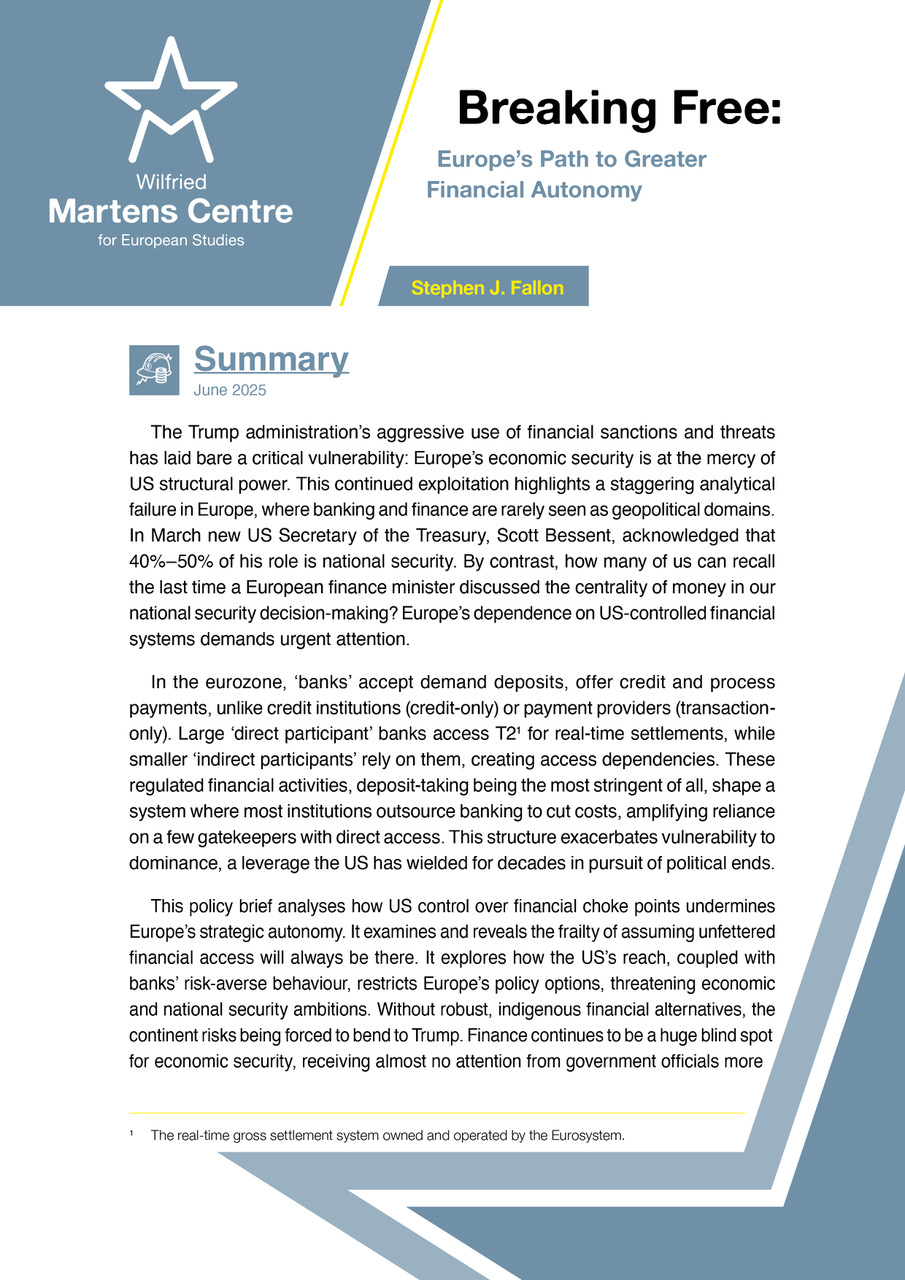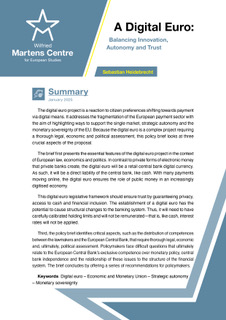Italy and the illusion of reform
19 September 2014
On September 1st, the Italian Premier Matteo Renzi announced an ambitious plan of reforms known as the “1000-day plan” which is to be implemented by May 2017. The government’s reforms are aimed at addressing numerous problems in a plethora of different fields: job market, public service, civil justice, agriculture, energy, and infrastructure, tax schemes, education, and so on.
During the press conference in Rome, Renzi also praised Germany, stating that German reforms of the early 2000s represent a “model” that Italy should follow in order to increase flexibility in the job market and to relaunch the economy.
However, the Premier will have to deal with serious obstacles along the way and for this reason the success of the government’s plan is far from guaranteed.
So far Premier Renzi has had a couple of significant victories: the approval of a significant constitutional reform (ddl Boschi) on the first reading in the Senate, on August 8 and the 80-euro tax bonus on individual income tax (IRPEF) for salaries between €8.000 and €26.000.
The constitutional reforms are fundamentally intended to bring to an end the power parity between the Chamber of Deputies and the Senate by transforming the Senate into a non-elected chamber and by depriving it of significant powers in order to simplify the legislative process and increase the government’s power. From the government’s point of view, this is a fundamental step which is needed to speed up the reform process. Moreover, the constitutional reform aims at redesigning the institutional architecture so as to strip the regions of some competencies and to return them to the central state – a move that should help to ease the financial burden of regional administrations.
The battle is far from over: in order to be confirmed, the reform still needs the approval of the Chamber of Deputies and a second round of backing in both chambers. Moreover, there are signs of mounting opposition inside the Premier’s Democratic Party. Only the votes of the opposition party Forza Italia, still headed by Silvio Berlusconi, can guarantee the success of the reform. Furthermore, before being adopted, the constitutional reforms must be confirmed by referendum.
There are still some doubts as to the effectiveness of the 80-euro tax bonus: the reform, which costs 10 billion euro, had negligible effects on the total aggregate demand because households’ concerns about the future continue to act as a brake on consumer buying.
Given that the economic decline is mainly due to the country’s loss of competitiveness, more and more economists argue that the entire amount should have been channeled into a consistent reduction of the IRAP tax – Regional Tax on Productive Activities – in order to benefit enterprises (SMEs in particular) and professionals. The IRAP is a real burden on the enterprises as it is levied on the net value of production prior to paying salaries – therefore it penalizes enterprises with a greater number of employees and exacerbates the unemployment problem. The recent IRAP reduction from 3.9% to 3.5% approved in April is considered insufficient to have any real effect on the economy.
Recent macroeconomic indicators show that Italy has fallen into recession for the third time in six years. Total unemployment is still high at 12.6% (July 2014) while youth unemployment is around 42.9% – industrial production is declining and according to the Bank of Italy public debt rose by about 100 billion in the first six months of 2014 while tax revenues are falling due to the recession.
There’s still a desperate need for further cuts in public spending in order to free resources that could be used to further reduce taxes and the crippling public debt. It’s still questionable whether the government’s measures to reduce subsidies and to privatize inefficient state-owned enterprises will succeed.
Carlo Cottarelli, former director of the Fiscal Affairs Department at the IMF and currently in charge of the Italian spending review, is tentatively pushing through a plan to reduce public expenditure by about 34 billion in three years with the aim of further reducing taxation on the real economy. However, he recently accused the government and the parliament of sabotaging his efforts by approving new unauthorized expenses without previous consultation. As a result, he announced his intention to resign from his position in mid-October.
The episode shows that the battle for reform is far from over. Despite the promising announcements of the current government, there is still a long way to go on the road to economic recovery – as confirmed by the recent ECB’s warnings on budget deficit.
Now the responsibility of the reform falls on Renzi’s shoulders. He has to choose whether to appease the leftists inside his party or to confront the numerous entrenched lobbies that resist change so as to protect their own interests.
ENJOYING THIS CONTENT?






















